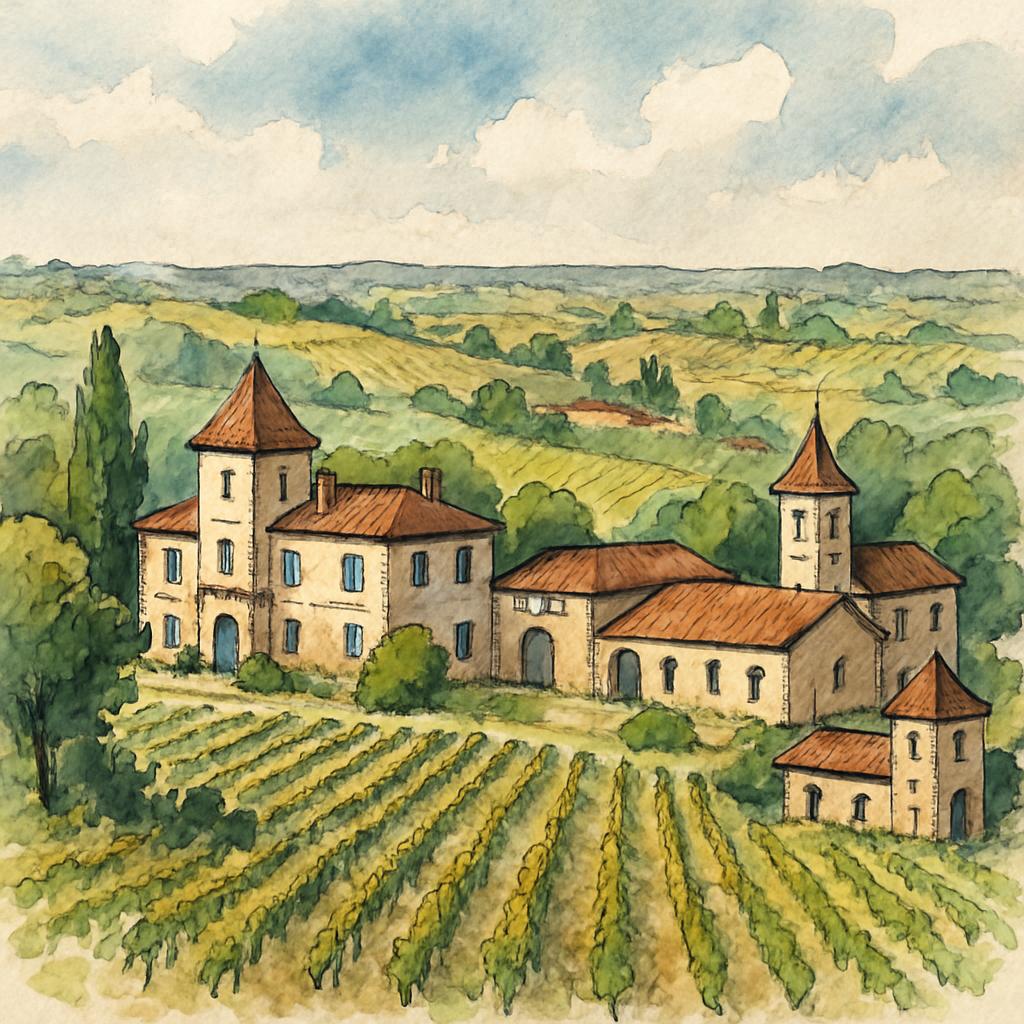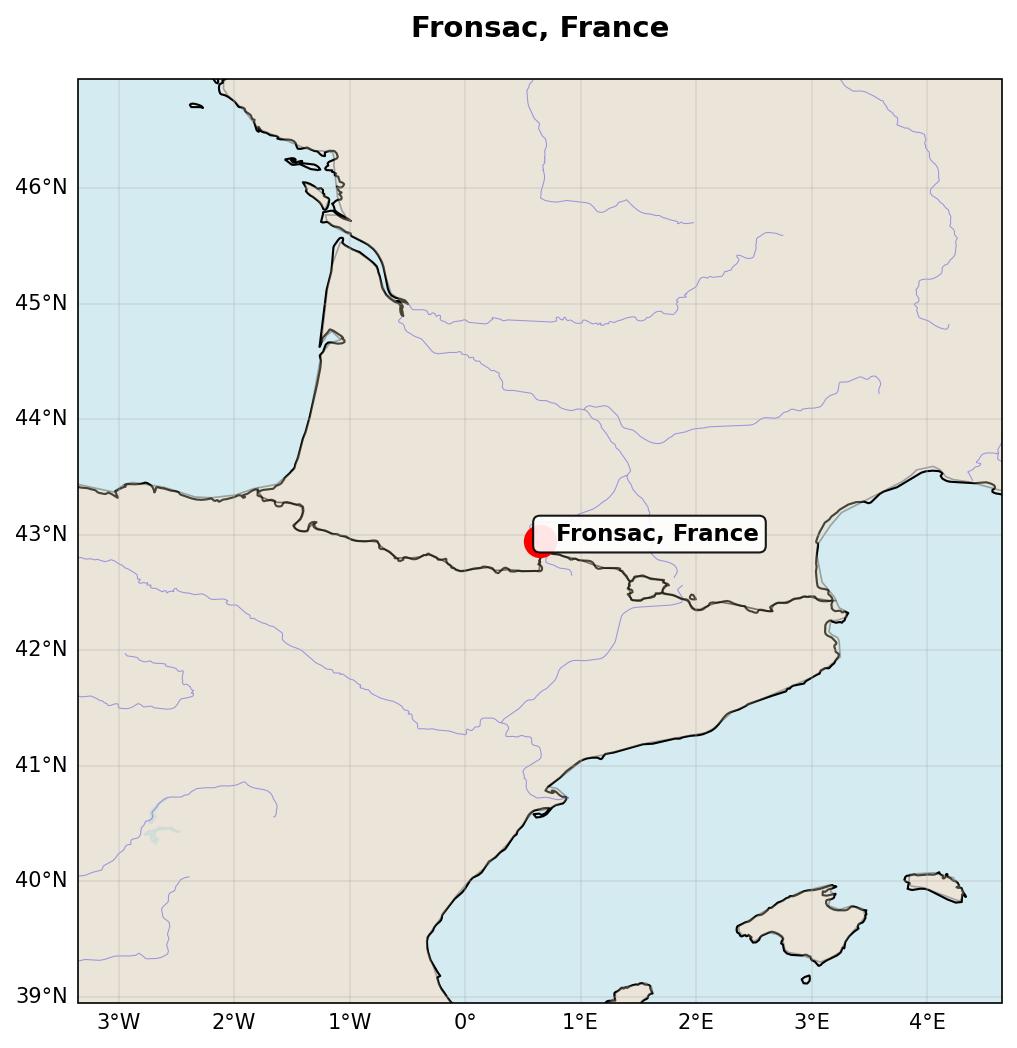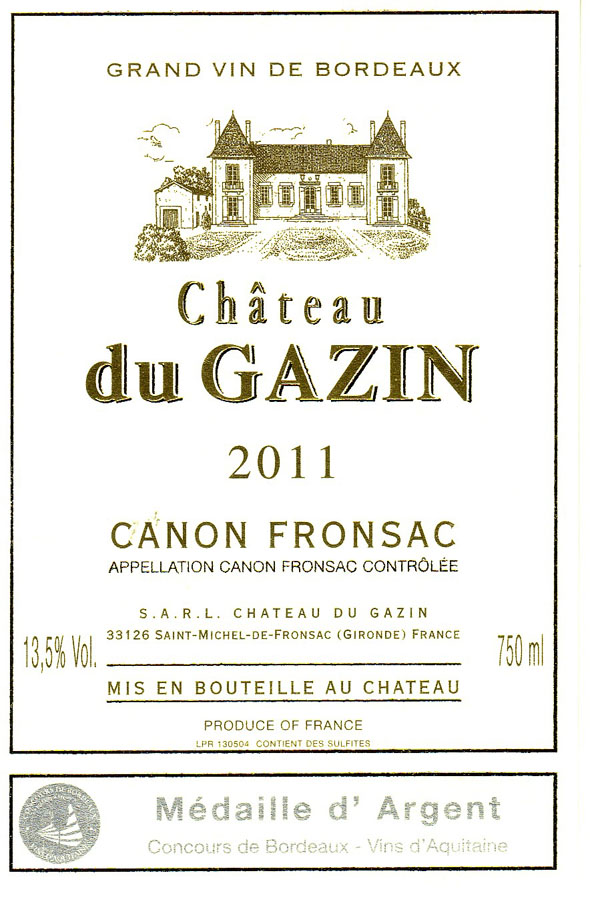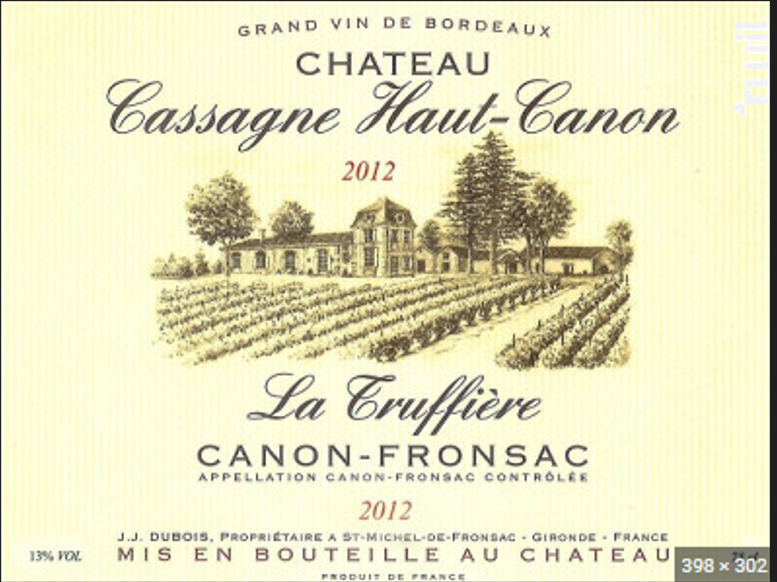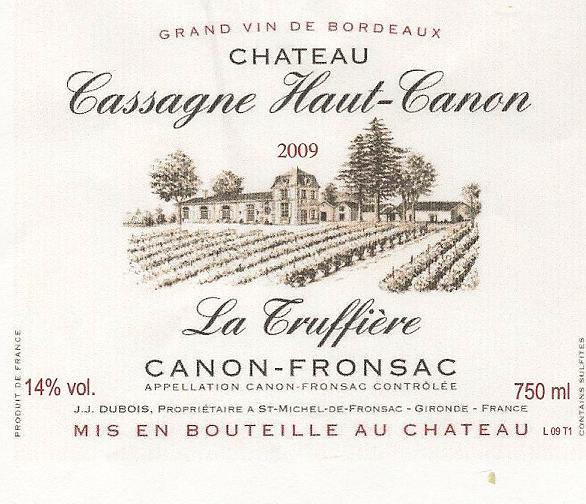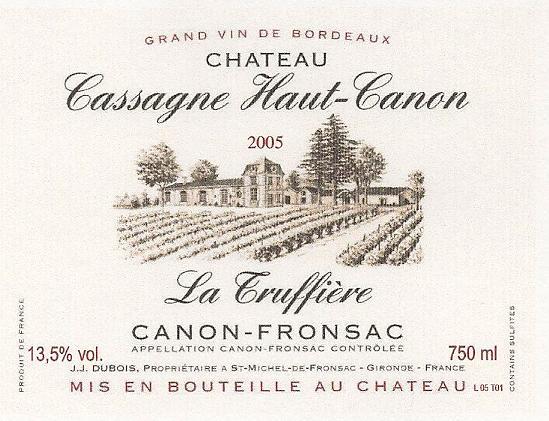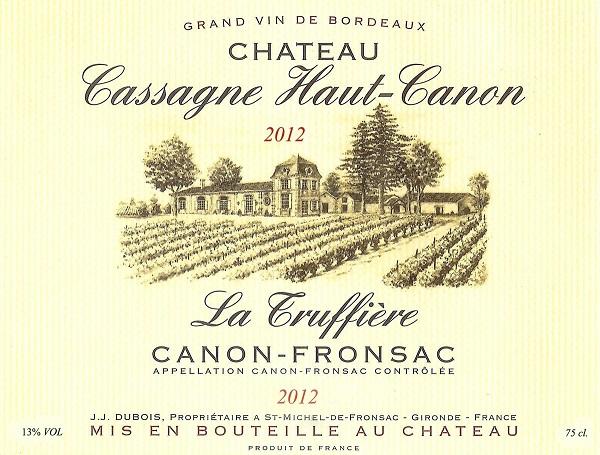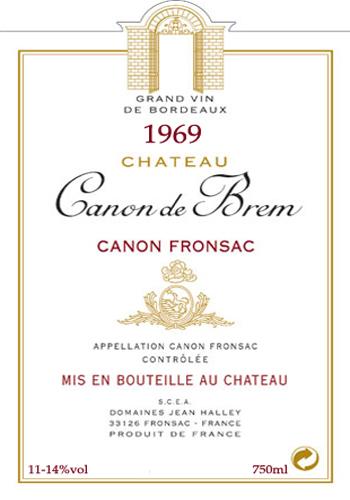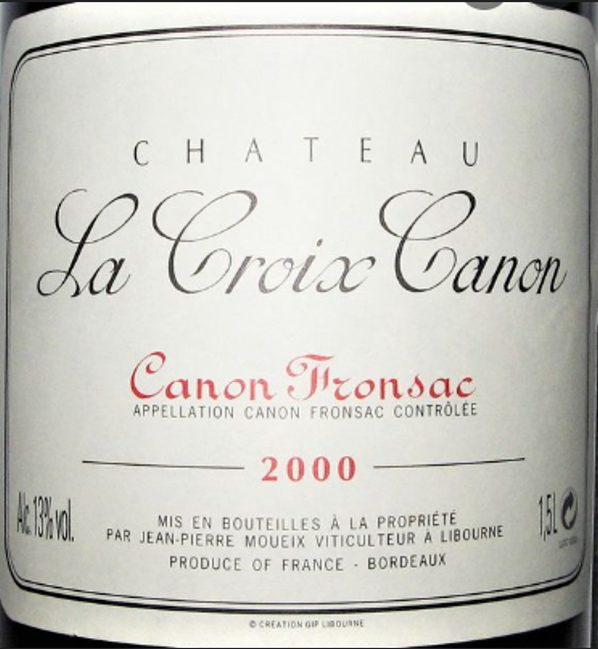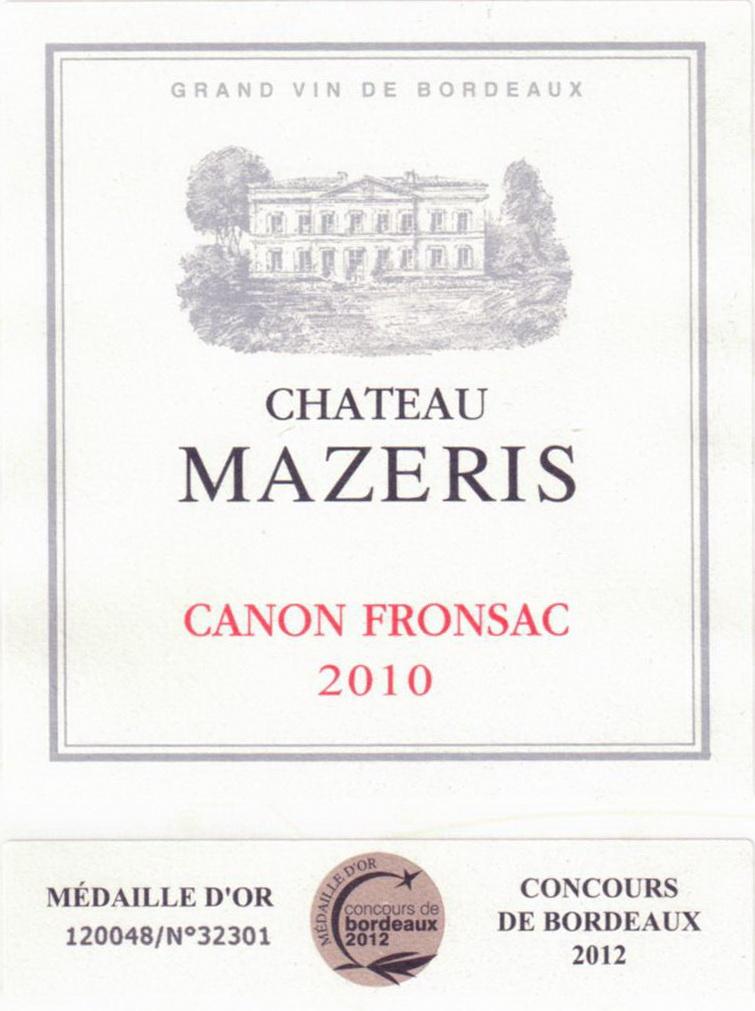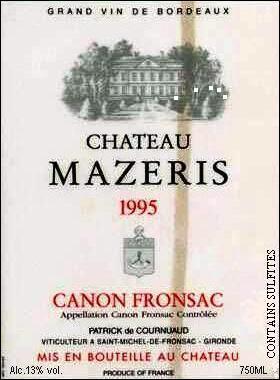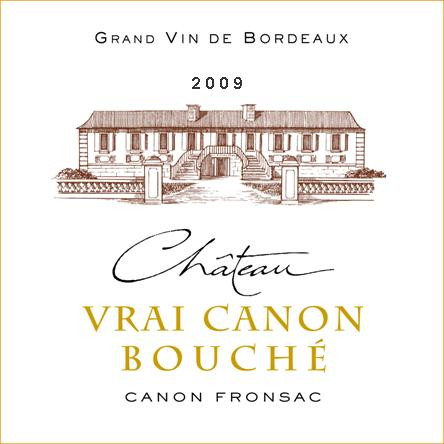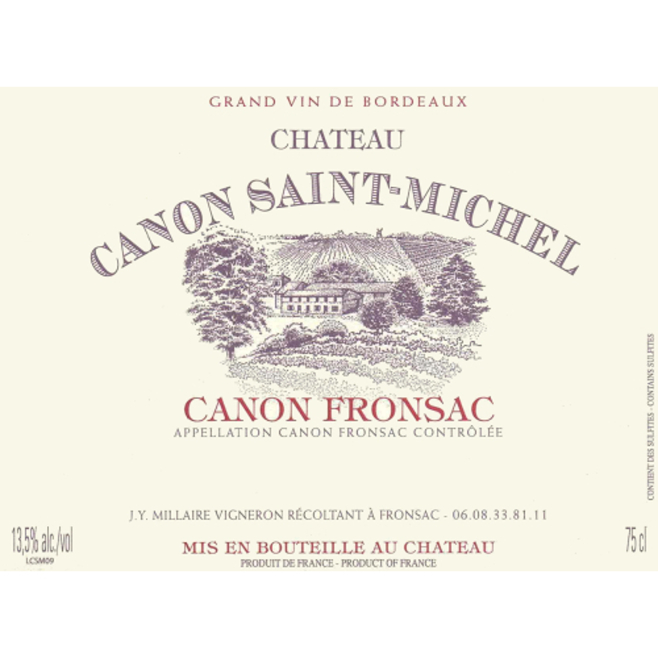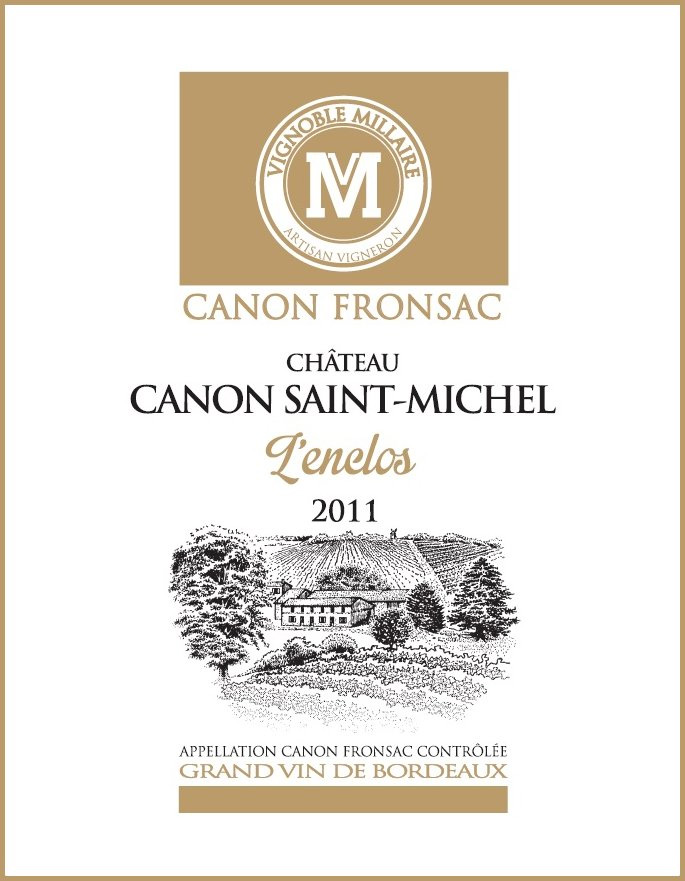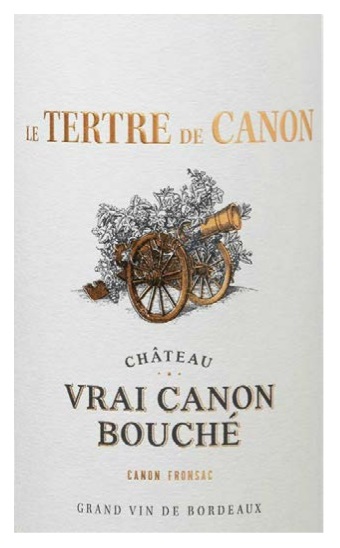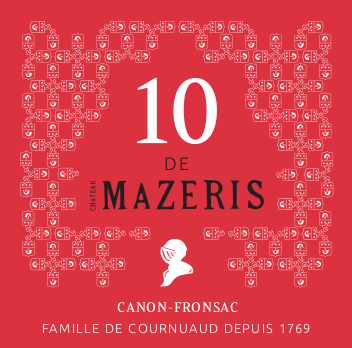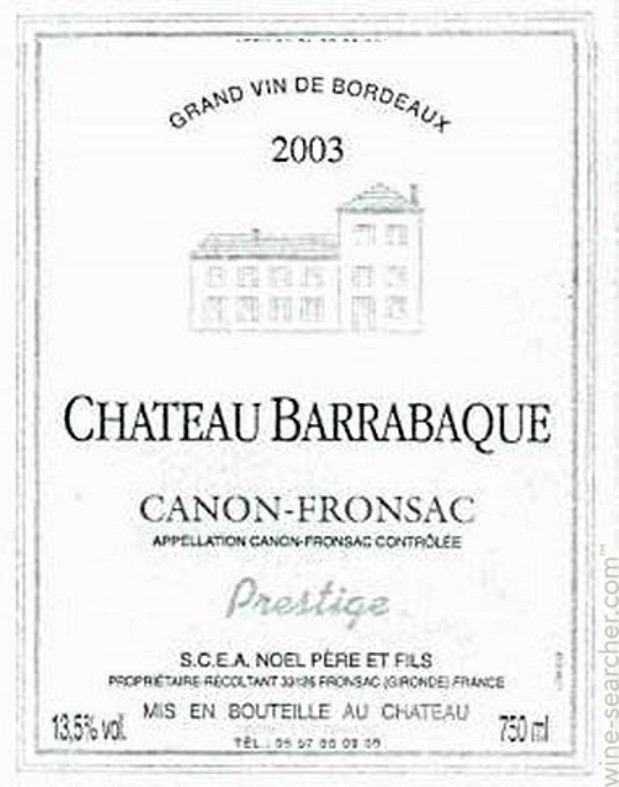Terroir of Fronsac
Fronsac's terroir combines calcareous limestone and clay-limestone on its plateaux and upper slopes, with sandy clay and gravelly alluvium in lower areas. These soils provide excellent drainage and retain enough moisture, helping vines thrive during warmer periods. Elevations range from 40 meters to the notable 76-meter Butte de Fronsac, with many vineyards facing south or southwest to maximize sunlight.
The oceanic climate is similar to nearby Saint-Émilion, with mild winters and warm summers, receiving 800–1,000 mm of rain annually. Nearby rivers help moderate temperatures, while cooler nights allow gradual grape ripening, especially benefiting Merlot. Unique microclimates arise from changes in elevation, slope, and aspect, adding to the region's diverse wine profiles. The Butte de Fronsac, with its historical ruins, provides a striking focal point amidst the vineyards, highlighting the area's rich winemaking legacy.
Notable Wineries in Fronsac
Fronsac, a gem in Bordeaux's Right Bank, is home to a mix of family-run wineries and larger estates that showcase its rich winemaking tradition.
Notable among them is Château de La Dauphine, famous for Merlot-heavy blends and a commitment to sustainability. La Closerie de Fronsac offers wines that express the land's unique qualities through low-intervention methods. Château La Brande and Château l’Escarderie both focus on Merlot-based wines, with the latter known for its age-worthy reds. Vignobles Rousselot uses organic practices to create elegant blends on limestone plateaus, while Château Franc Capet produces rich, easy-drinking blends. Together, these wineries highlight the diversity and quality of Fronsac's wines, from traditional cellar-ready bottles to contemporary styles.
Sustainable Winemaking in Fronsac
In the historic wine region of Fronsac, sustainability is becoming a cornerstone of viticulture. Many producers are adopting organic and sustainable farming methods, focusing on preserving soil health and biodiversity. Planting cover crops between vineyard rows, using compost, and implementing natural pest control are common practices that help reduce reliance on synthetic inputs.
Some estates have achieved certifications like HVE (Haute Valeur Environnementale) and Terra Vitis, highlighting their commitment to environmental responsibility. Modern techniques such as vineyard mapping, smart water management, and renewable energy projects are integrated with traditional methods to ensure a sustainable future. By embracing these initiatives, Fronsac wine producers are paving the way for a more eco-conscious wine industry while maintaining the quality and character of their Merlot-rich blends.
Wine Tourism in Fronsac
Fronsac, nestled in Bordeaux's Right Bank, presents an enchanting wine tourism experience. This region offers a serene escape with opportunities for exploring picturesque vineyards and historic sites. Visitors can immerse themselves in the winemaking heritage with intimate tastings and cellar visits, emphasizing Merlot's role in crafting rich, full-bodied reds.
-
Vineyard Tours: Explore family-run and larger estates, learning about sustainable practices and diverse wine profiles.
-
Walking and Cycling Routes: Connect the scenic villages of Fronsac and Canon-Fronsac, discovering Romanesque architecture and panoramic views.
-
Local Events: Attend seasonal open-cellar days and food festivals, highlighting regional cuisine and wines.
-
Accommodations: Stay in quaint inns or B&Bs, often located in charming farmhouses.
